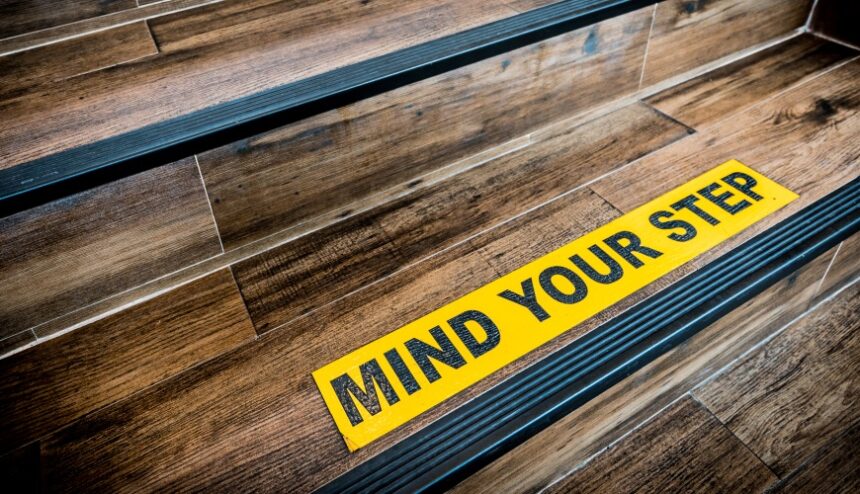Balance difficulties can lead to falls and can be caused by a variety of conditions—from the after-effects of a stroke to fluctuations in blood pressure or simply a lack of proper exercise, leading to muscle and joint weakness. If you’ve realized that you have poor balance or tend to fall, there are things you can do to prevent it from occurring.
To begin, schedule an appointment with your healthcare provider at Glacial Ridge Health System to see if there are medical reasons for your poor balance or tendency to fall. Your medications are a possible factor and your physician will be able to assess whether your medication needs to be adjusted.
Additionally, ask your physician or eye doctor about your vision if there are concerns. Changes in vision or the onset of eye conditions such as cataracts or glaucoma may affect your ability to see tripping hazards or accurately judge changes in walking surfaces. Regular eye exams are important—at least every two years—and many health insurances cover them annually.

“If you have fallen before, try to remember what caused it or where you were when it happened,” said family medicine provider, Dr. Thomas Haus. “Along with observing how you walk, and assessing your muscle strength and balance, or adjusting your medications, your doctor can begin to create your fall-prevention plan.”
If your doctor agrees, continue being active—go for regular walks or exercise in a pool. Change your footwear to sensible shoes and avoid high heels, smooth soles, or slippers that can make you stumble. If you avoid walking because you’re afraid of falling, share that with your provider, too. A referral for physical therapy may be appropriate.
“In physical therapy, we share a common goal with our patients—to help them get back to their active lifestyles and perform activities of daily living safely and independently,” said Amanda Volesky, physical therapist at Glacial Ridge. “Physical therapists are specially trained to evaluate and treat a variety of medical conditions, including balance difficulties. We create an exercise program tailored to each patient’s specific needs to improve balance, flexibility, muscle strength, and gait.”
Other ways to prevent falls are removing hazards in your home such as loose rugs in high-traffic areas, boxes or loose newspapers, and electrical cords. Use a non-slip mat in the tub or shower and have grab bars installed for the shower or tub. Keep your living spaces well lit (you can even use nightlights) so you are less likely to trip. Have hand railings installed on both sides of your stairways.
When you are persistent in finding ways to improve your balance and prevent falls, you are choosing your own independence.


